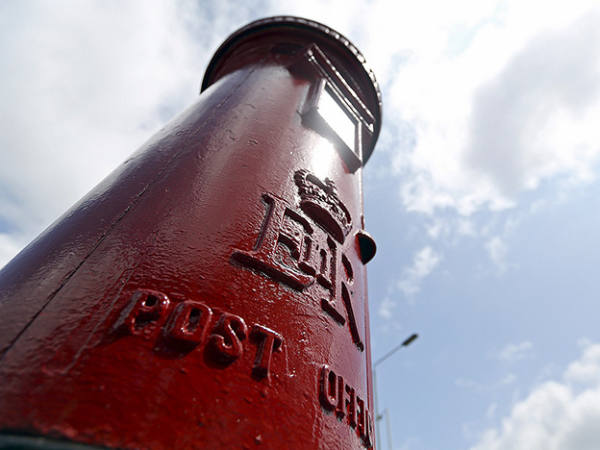By how much will the eurozone economy slow down? We’ll get a clue next Tuesday when the ECB releases its latest figures on the money stock.
We already know from both official industrial production data and purchasing managers’ surveys that growth has slowed since the autumn. A useful lead indicator of whether it will continue to do so is the growth of the M1 measure of the money stock in real terms – that is, controlling for inflation.
Slowdowns in real monetary growth in 1999-2000, 2007-08 and 2011-12 all led to slowdowns in industrial production, whilst accelerations in real M1 in 1997-98, 2001-03, 2009 and 2015 all led to faster output growth. The time lag between the two is variable but is around 12 months.
There’s a simple reason for this link. M1 is a measure of spending money; it comprises ready cash as well as short-term deposits. If these are growing, therefore, it’s a sign that people are either getting ready to spend, or will eventually give into the temptation to spend their rising cash balances.
Which is a problem. Next week’s numbers might well show that monetary growth is slowing. In real terms it might not be much more than 5 per cent, which would be the slowest growth since 2014. If past relationships are any guide, this warns us of slower growth in eurozone output.
In truth, this is consistent with survey evidence. Germany’s Ifo survey of manufacturers shows that expectations of future activity have fallen markedly since the autumn. And last week’s ZEW survey of German finance professionals showed that optimism is at its lowest level since 2012.
Now, this does not (yet?) tell us a recession is in the offing. In the run-up to the last two year-on-year falls in industrial production (in 2009 and 2012) the level of the real money stock actually fell. We’re some way from that, just as the Ifo and ZEW survey readings are above recessionary levels.
Nevertheless, there are problems here. One is a social one. Growth might well slow down sufficiently to stop unemployment falling: the rate is currently 8.5 per cent for all workers but over 17 per cent among the under-25s. This should worry investors simply because we know that faltering economies often lead to political backlashes. And political uncertainty is bad for equities.
You might think equities should be relieved because the prospect of a slowdown – allied to the fact that inflation is well below its target of 'just under' 2 per cent – should kill off any prospect of a rise in interest rates this year. True. But the good news of cheap money is offset by the bad of weaker profits growth and the fact that investors become less willing to take risk when growth slows. History tells us that the latter effects tend to dominate. Since the inception of the euro in 1999 there has been a strong correlation (of 0.55) between annual growth in industrial production and annual changes in eurozone share prices, with each percentage point fall in output growth being associated with a drop of 2.2 percentage points in equity returns.
For now, this points to low returns rather than negative ones. And given the strong link between eurozone and UK equity returns, much the same is true for the UK. We must hope, however, that the slowdown in monetary growth doesn't get much worse.











